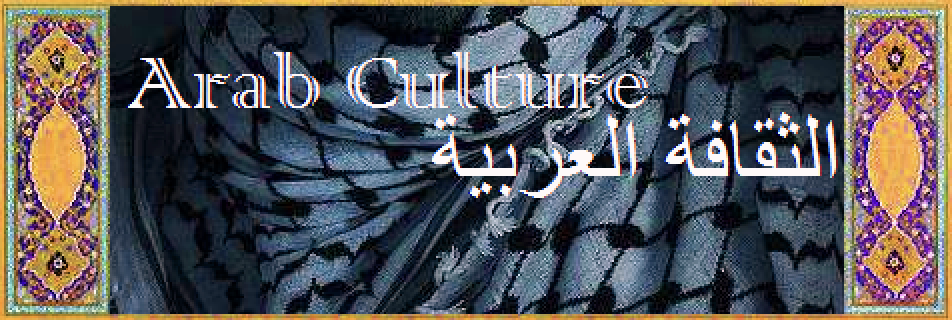Key Elements of Arab American Culture

By: Raisa Sami / Arab America Contributing Writer
A varied collection of national and religious groupings, Arab Americans have a similar cultural and linguistic legacy that dates back more than 14 centuries and has affected the Middle East. Arabs were formerly restricted to the tribes of the Arabian Peninsula and portions of the Fertile Crescent who spoke Arabic.
The term “Arab Americans” now refers to a cultural, linguistic, and political category that includes a range of regional, national, and religious groups. Since not all Arabs are Muslims, no one set of ethnic or physical characteristics can be used to characterize all Arabs, nor can all Arabs be linked to a single religion (Islam). Of the 21 countries that make up the modern Arab world, only a small number are home to Arab Americans.
There are about 4 million Arabs living in the United States and an additional 700,000 in Canada. There are close to 400 million people living in the Arab globe. With close to 500,000 Arabs, Detroit has the highest concentration of Arabs in North America. The bulk of the population is composed of long-term immigrants and Arab Americans by birth. The flood of new immigrants in the late 1960s marked the beginning of rapid expansion.
Although modern Arabs are impacted by Western society, they follow their rituals and traditions today. In Arab culture, males have the position of head of the family, which is the center of honor, devotion, and reputation.
Arabic culture is largely uniform, with little variation in language or customs. Only Arabs from Arabia like to dress in traditional Muslim garb, which consists of an abaya, a long black robe with an eye slit, and a dishdasha, a long shirt with a kufiya scarf. Some Muslims dress more like Europeans, and religion is unimportant. Because Islamic religion permits different readings of the sacred texts, the nations from which Arabs move are often conservative. Lebanon, Palestine, and Syria are examples of nations with moderate attitudes on religion, including Sufism. Arab nations have a common tradition of traditional music, with Egyptian pop artists being the source of much enthusiasm and excitement.
Historically, Arabs have placed a great emphasis on material and social prestige as well as high levels of education—especially legal education, which enables them to rise to positions of authority in businesses or the public service.
Arabs observe their customs with reverence and move slowly in both daily life and business meetings. They are unfazed by pomp or spontaneity and adopt a philosophical outlook. Arab traditions are closely associated with hospitality; hosts extend a warm welcome to visitors and provide aromatic coffee. It is usual in the Arab world to show respect and ensure the comfort of the person you are speaking with. Although honor is sacrosanct to Arabs, some of them still engage in blood feuds and are not hesitant to use force to defend themselves or their loved ones.
Check out our Blog here!









